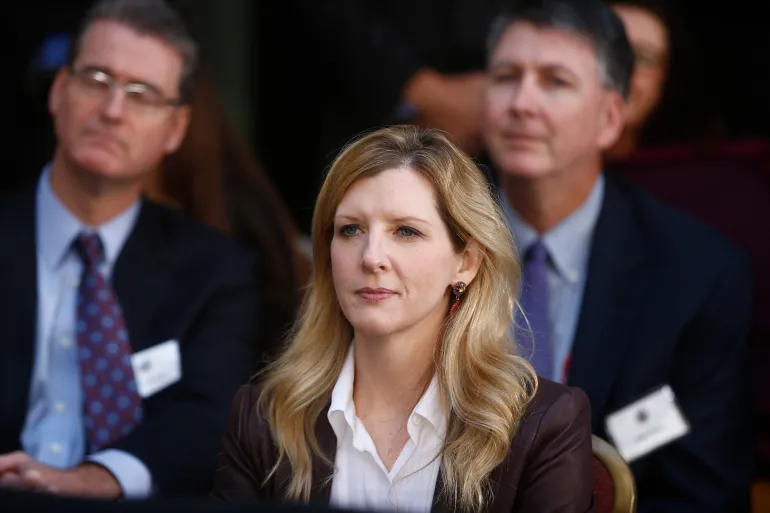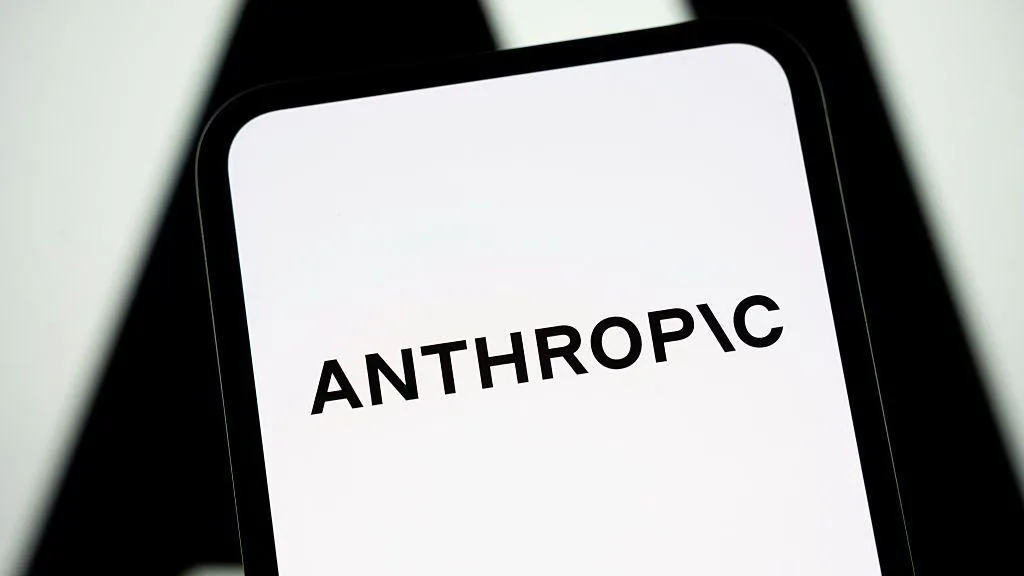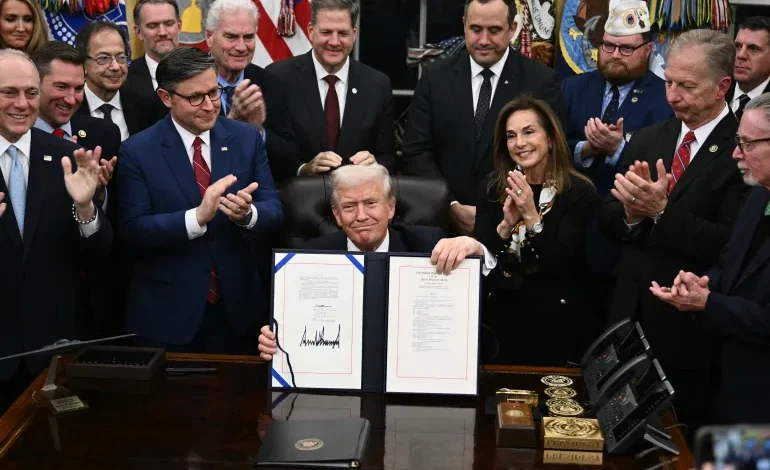President Donald Trump signed a government funding bill late Wednesday night, officially ending the longest shutdown in US history just hours after it passed the House of Representatives.
“With my signature, the federal government will now resume normal operations,” Trump said during a brief ceremony. “My administration and our partners in Congress will continue our work to lower the cost of living, restore public safety, grow our economy and make America affordable again for all Americans.”
The 43-day shutdown, which began on October 1, had shuttered nearly all non-essential federal services, left hundreds of thousands of workers without pay, and caused widespread disruptions, especially in air travel and food aid programs. Federal employees are expected to begin returning to work as early as Thursday.
The funding package passed the Republican-controlled House earlier in the evening by a 222-209 vote, with six Democrats joining the majority and two Republicans voting no. The Senate had approved the same measure on Monday by 60-40, breaking weeks of deadlock that had paralyzed Washington.
The deal funds the government through January 30, providing a temporary reprieve but not resolving the issue at the heart of the standoff, the future of Affordable Care Act healthcare subsidies for roughly 24 million Americans. The Trump administration has insisted those subsidies will expire at year’s end.
For weeks, Democrats blocked earlier versions of the bill to force renewed talks on healthcare affordability. But with public pressure mounting and air traffic snarled by unpaid controllers, the breakthrough came over the weekend when seven Democrats and one independent senator agreed to back a revised proposal.
In a late-night speech, Trump blamed Democrats for prolonging the shutdown.
“This is no way to run a country,” he said. “We can never let this happen again.”
House Speaker Mike Johnson accused Democrats of using citizens as “leverage” in a political game.
“Senate Democrats have voted 14 times to close the government. Republicans have voted 15 times to open it,” he said.
Still, some lawmakers and analysts warned the deal merely postpones another crisis. David Smith, from the University of Sydney’s United States Studies Centre, called it “just a stopgap arrangement,” predicting another showdown in January if Congress fails to reach a long-term funding compromise.
Among the Senate Democrats who crossed the aisle were Dick Durbin, John Fetterman, Catherine Cortez Masto, Jackie Rosen, Maggie Hassan, Jeanne Shaheen, and Tim Kaine, joined by independent Angus King.
Outside Washington, the end of the shutdown brought cautious optimism. Economists estimate it shaved roughly 0.1 percentage points off GDP every six weeks, though much of that loss could be recovered as federal spending resumes. Airlines and food aid programs are also racing to stabilize before the upcoming Thanksgiving and Christmas seasons.










The latest news in your social feeds
Subscribe to our social media platforms to stay tuned